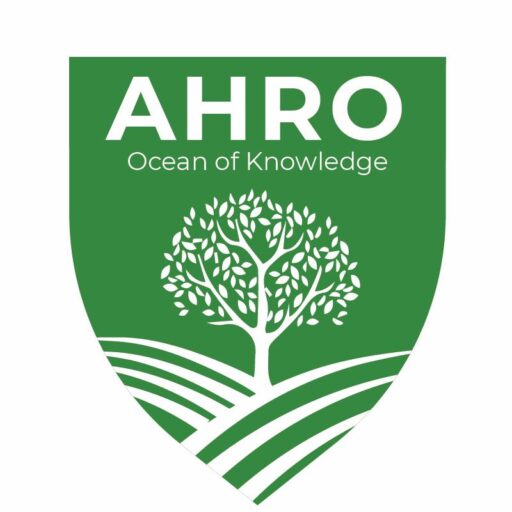Countries across the Americas and the Caribbean must bolster their surveillance of covid-19 and continue to vaccinate against the disease if they are to leave the pandemic behind, senior officials at the Pan American Health Organization (PAHO) said at a press conference on 10 March.
The PAHO leaders, who convened to mark the third anniversary of covid-19, also called for the region to reduce its reliance on medical supplies and pharmaceuticals imported from abroad if it is to avoid repeating its experience of covid-19.
“One of the important lessons learnt in the pandemic is that it is necessary to answer to these vulnerabilities that we have in Latin America and the Caribbean,” said PAHO director, Jarbas Barbosa.
There have been more than 190 million cases of covid-19 in the region, more than a quarter of the world’s total, and 2.9 million deaths—nearly 43% of all fatalities recorded.
Latin America was particularly vulnerable to the coronavirus because of slow vaccination rates after countries were beaten to global vaccine stockpiles by wealthier nations. The region managed to procure and administer vaccines once global demand dropped and thanks to PAHO led initiatives, including Covax, which delivered 160 million doses.
The Americas now has 71% vaccine coverage against covid-19, the second highest regional level in the world, and infection rates are 20 to 30 times lower than a year ago.
Despite the progress, covid continues to hit local populations hard, Barbsoa told journalists from PAHO’s Washington DC headquarters. “The virus has yet to settle into a predictable pattern. In the past month alone we have seen over 1.5 million new cases in our region and 17 000 deaths.”
While the goal of stopping the spread of covid-19 is not over, the region must shift its sights to long covid, which affects an estimated 10-20% of the population, Barbosa said. It must also increase surveillance of pathogens which could cause future pandemics and current ones, such as avian flu, which recently spread from birds to mammals in Peru.
If the region is to be able to take control of future pandemics it must make itself more medically self-sufficient, Barbosa said. Latin America and the Caribbean currently imports 10 times more health products and pharmaceuticals than it exports, meaning the strength of its response hinges on the generosity of wealthier nations, as it did during covid-19.
Countries must continue to support progress in vaccine development which accelerated in academic institutions during the pandemic in countries such as Argentina, Cuba, and Mexico. Cuba has produced several of its own covid-19 vaccines and PAHO recently supported two new mRNA vaccine development projects, one with a private consortium in Argentina and another with Brazilian public health agency Fiocruz.
The efforts could help tackle coronaviruses as well as other emerging viruses, Barbosa said. “These initiatives are a demonstration of solidarity and the Pan-American spirit.”
Source: Luke Taylor, BMJ



